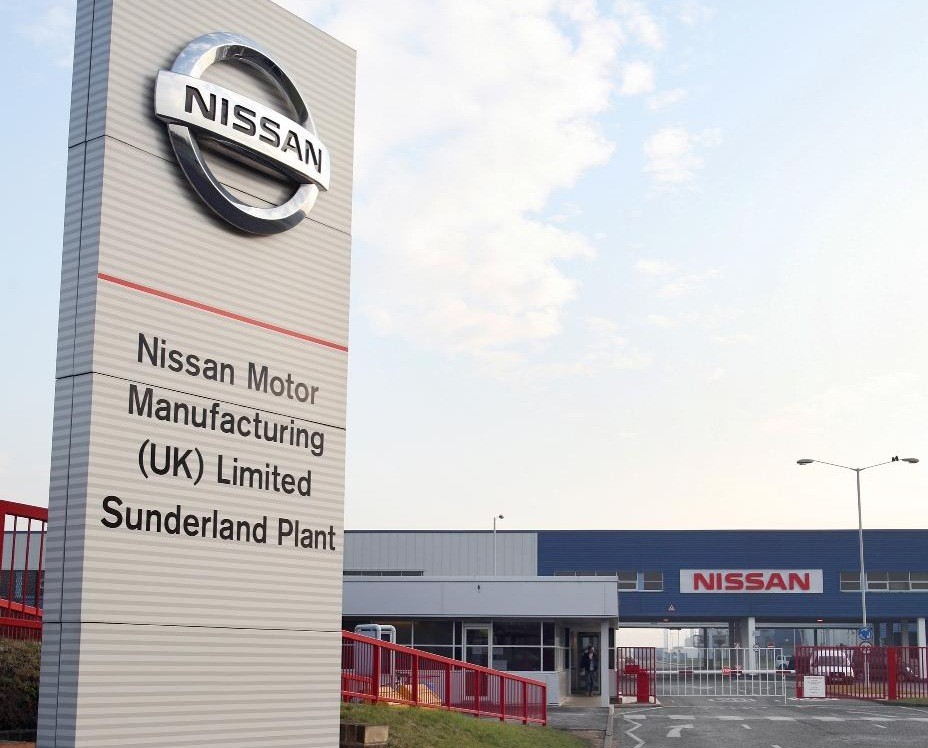Nissan’s plant in Sunderland, as well as French car maker Renault, are among the latest businesses that have been hit by the global ransomware attack, which also impacted the NHS yesterday.
Although Nissan said it is “working to resolve the issue”, it remains to be known whether the ransomware attack, a type of software which takes over files until the company pays a ransom, has actually impacted production at the Japanese car giant. In a statement, a spokesman said:
Like many organisations, our UK plant was subject to a ransomware attack affecting some of our systems on Friday evening.
Nissan’s Sunderland plant, holding a headcount of around 7,000 people, was rendered highly symbolic after the Brexit vote. Back in October, Nissan spoke about plans to build new models at the plant.
Across the Channel, the French car maker Renault has also confirmed it was affected by the cyber assault that has hit tens of thousands of computers in about 99 countries. Renault has become the first major French company to report being affected by the malicious malware. A spokeswoman for Renault commented:
“Measures are being put in place to stop the spread of the virus; it’s the first step. We’re seeking to have a global vision to see which sites have been affected.
The hacking tool, a new variant of “WannaCry” ransomware, is believed to have been developed by the US National Security Agency. It works by locking users out of data on the affected computers, reportedly demanding payments of between $300 (£230) to $600 in order to access computer files again.
It encrypts files on a user’s computer, blocking them from view, and then demands money, via an on-screen message, to access them again. According to reports, the hackers have demanded the ransom be paid in cryptocurrency bitcoin.
There is no information on the attackers yet.
Around 40 NHS trusts and several GP practices in England and Scotland were also hit with the ransomware. Two major Indonesian hospitals, O2 owner Telefonica and postal company FedEx are among the groups, companies and individuals in 99 countries that have been infected with the malicious malware.
The Tech Portal is published by Blue Box Media Private Limited. Our investors have no influence over our reporting. Read our full Ownership and Funding Disclosure →






